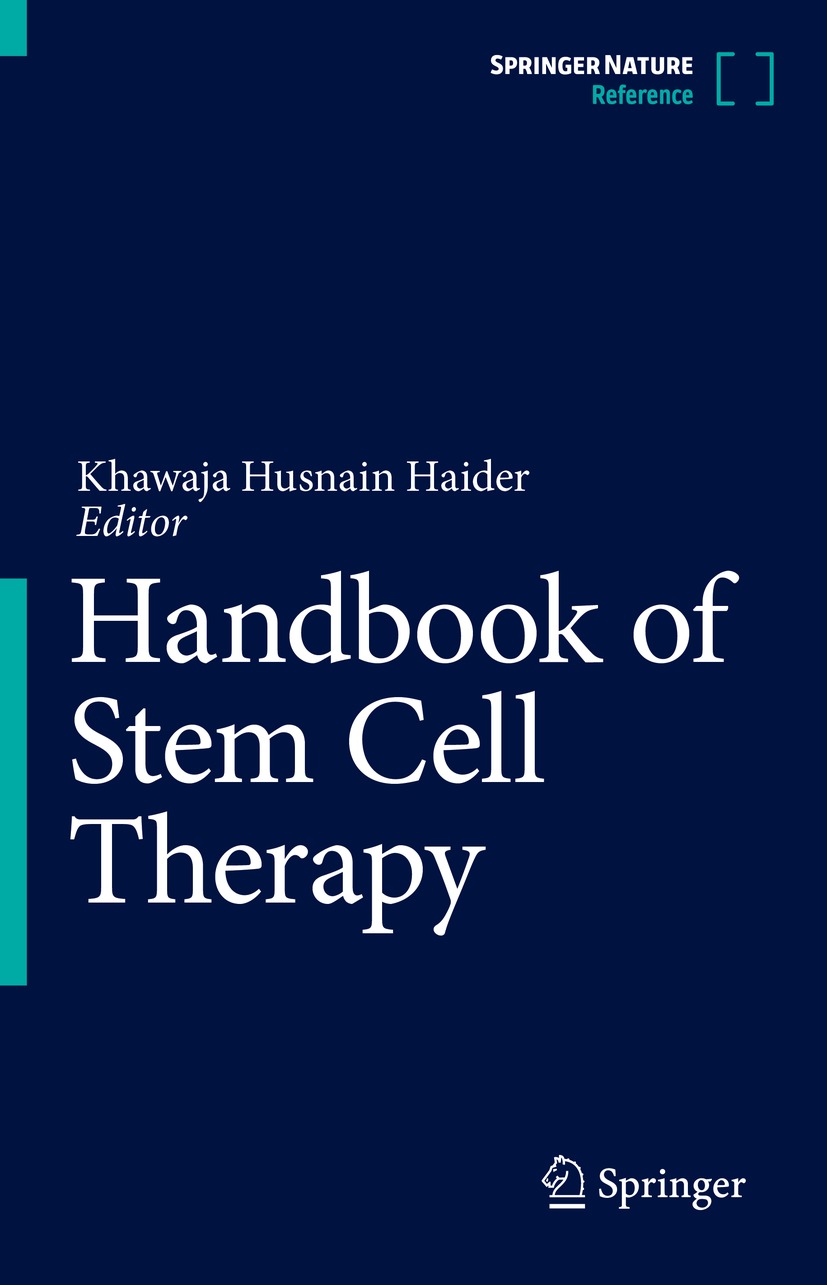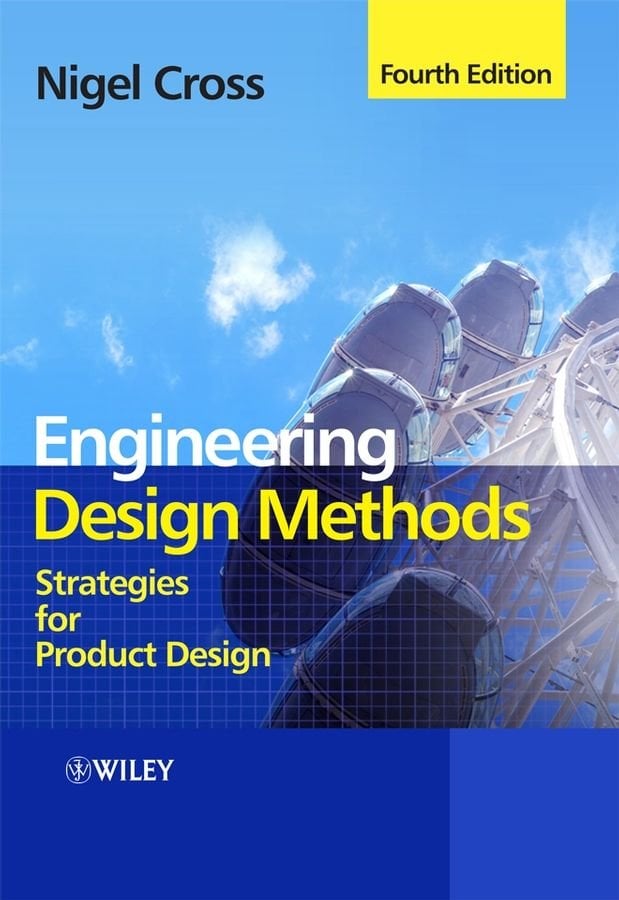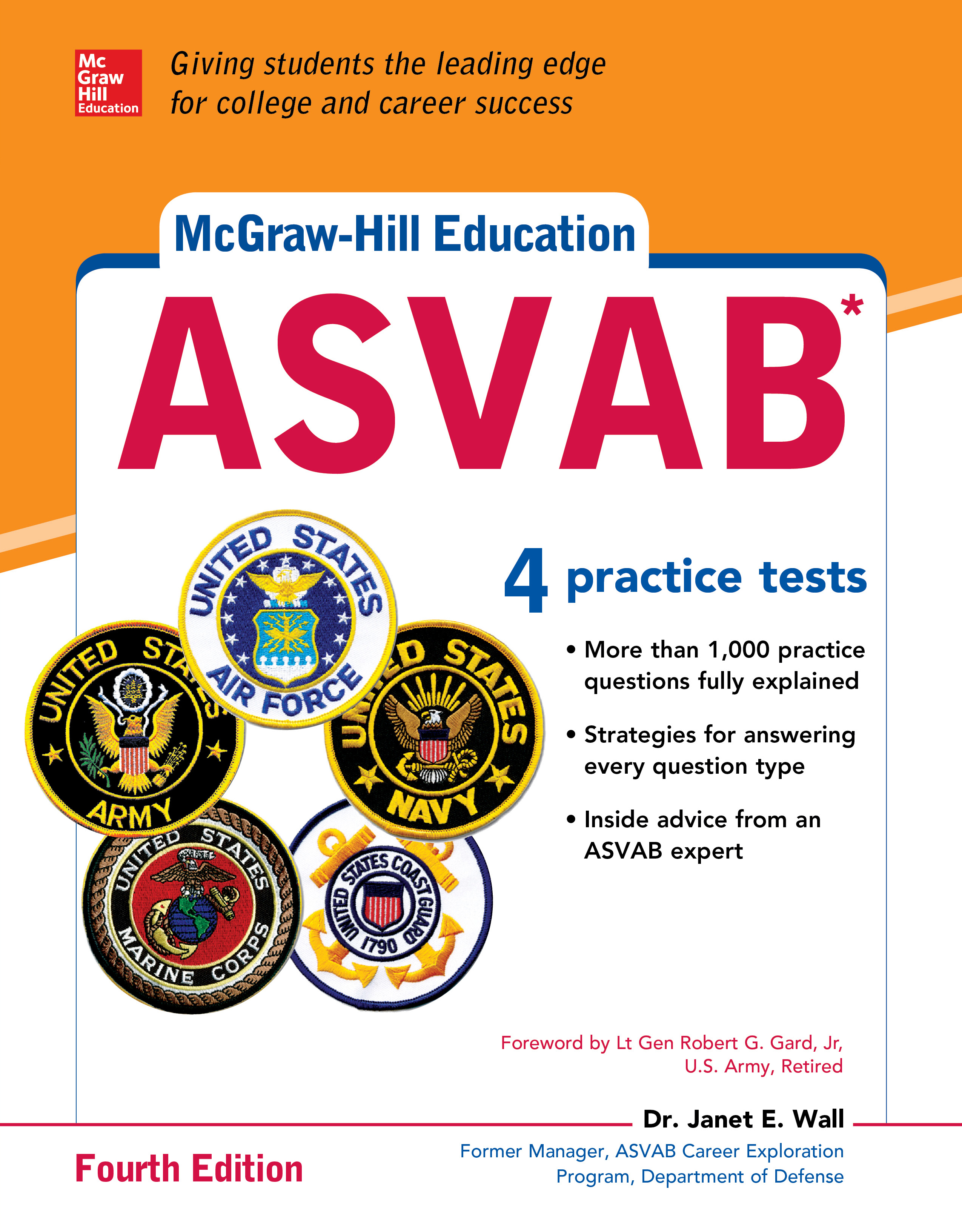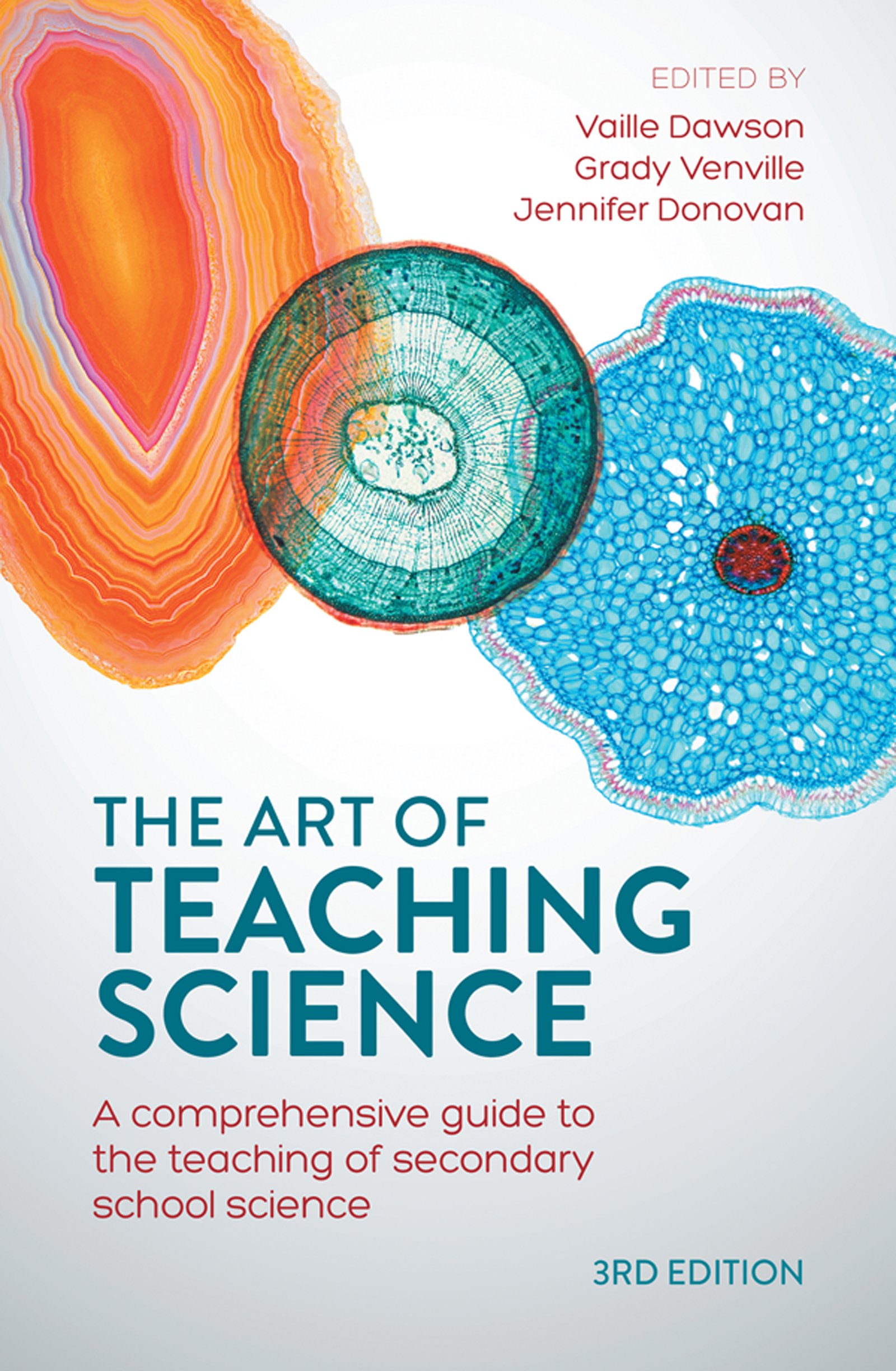The handbook comprehensively reviews the therapeutic potential of stem cells and stem cell secretome-based cell-free strategies in regenerative medicine. The chapters in section I and section II respectively discuss the diverse applications of mesenchymal stem cells and non- mesenchymal stem cells, including skeletal myoblasts, endothelial progenitor cells, adipose tissue-derived stem cells, induced pluripotent stem cells, and neuronal stem cells in myocardial repair, inflammatory bowel disease, cognitive deficits, wound healing, retinal disorders, and COVID-19. The subsequent chapters in section IIIprimarily focused on the fast-emerging cell-free therapy approach in regenerative medicine for tissue repair and regeneration. These chapters review the impact of stem cell-derived secretome on various biological processes such as angiogenesis, neurogenesis, tissue repair, immunomodulation, musculoskeletal pathologies, wound healing, anti-fibrotic, and anti-tumorigenesis for tissue maintenance and regeneration.Lastly, section IV summarizes miscellaneous aspects of cell-based therapy, includingthe treatment advantages, opportunities, and shortcomings in stem cell-based therapy, potentially helping to refine future studies and translate them from experimental to clinical studies. Moreover, this section also has chapters on cancer stem cells as novel targets in cancer therapeutics. This Major Reference Book (MRW) is a valuable resource for researchers involved in stem cell research to understand the multifaceted therapeutic applications of stem cells and their derivative secretome in regenerative medicine.












